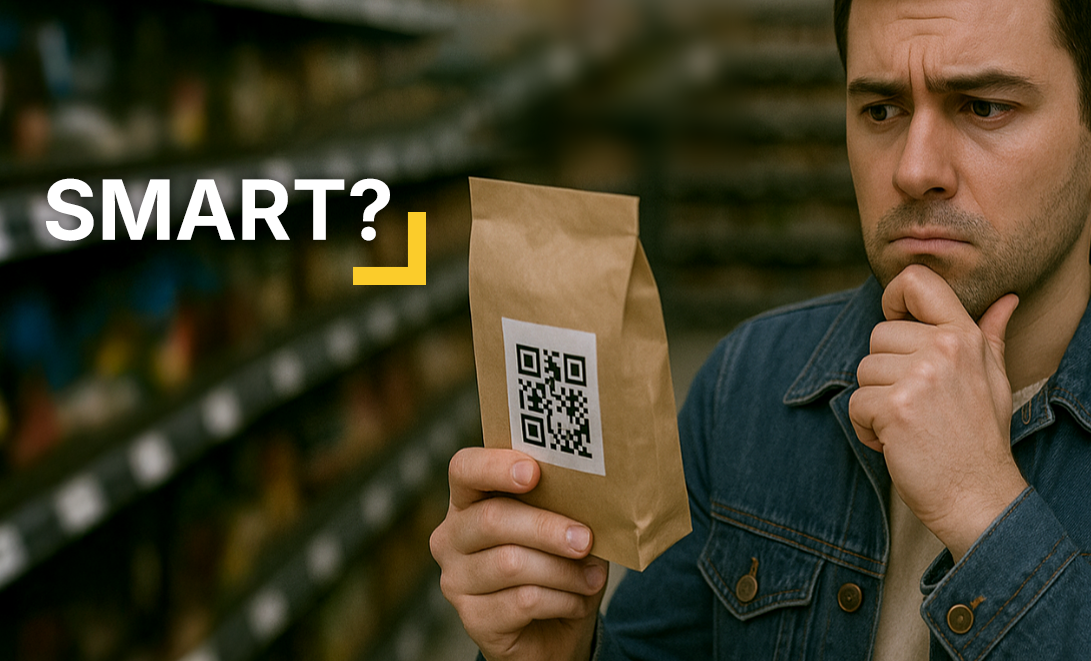Design QR journeys that last the product’s life, separating Dedicated Product Site (DPS) for people from the EU-Digital Product Passport (DPP) for circularity. […]
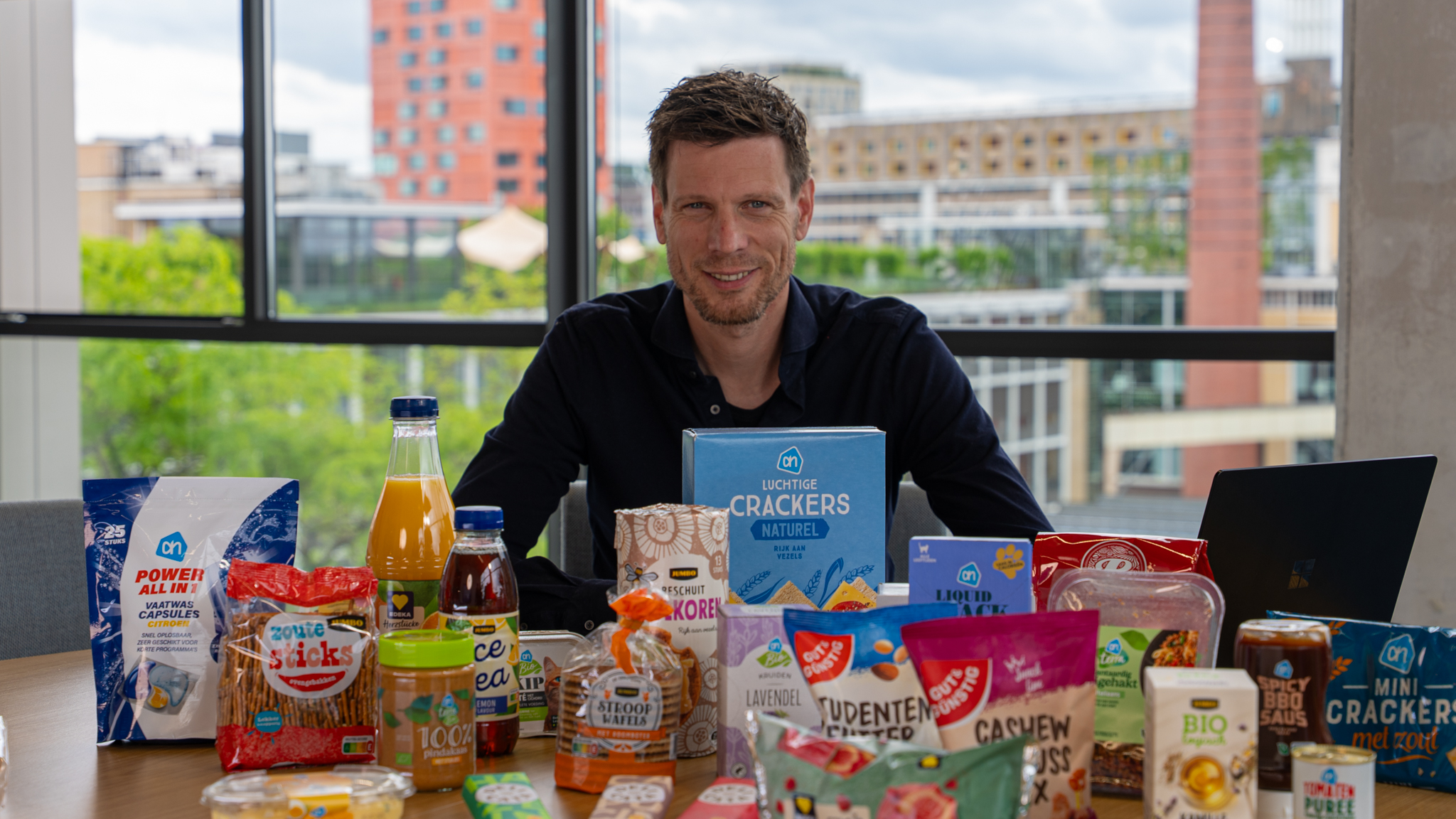
Not all PIMs are made for Private Label
In this article, we explain why Product Experience Management (PXM) falls short for private label brands and why Circular PIM is the proven answer. […]
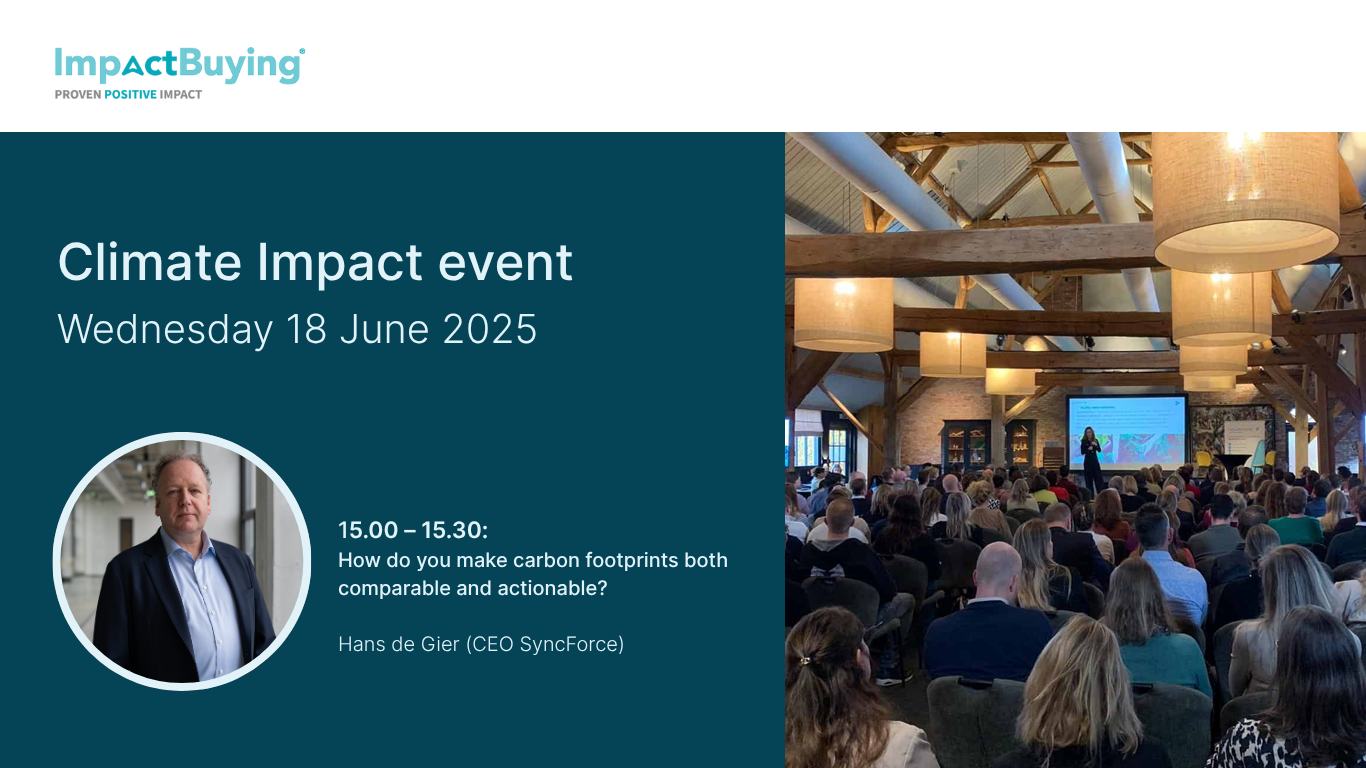
SyncForce at ImpactBuying Climate Impact Event
On June 18, SyncForce will be present at the ImpactBuying Climate Impact Event. Join the event and stay connected! […]

“Thanks to SyncForce, we now think much more from the outside in: what data wholesalers and installers really need?”
Discover how Spirotech transformed their approach to product data, moving from a simple media library to a powerful, ETIM-ready PIM strategy with SyncForce. A more customer-centric way of thinking, with real results. […]
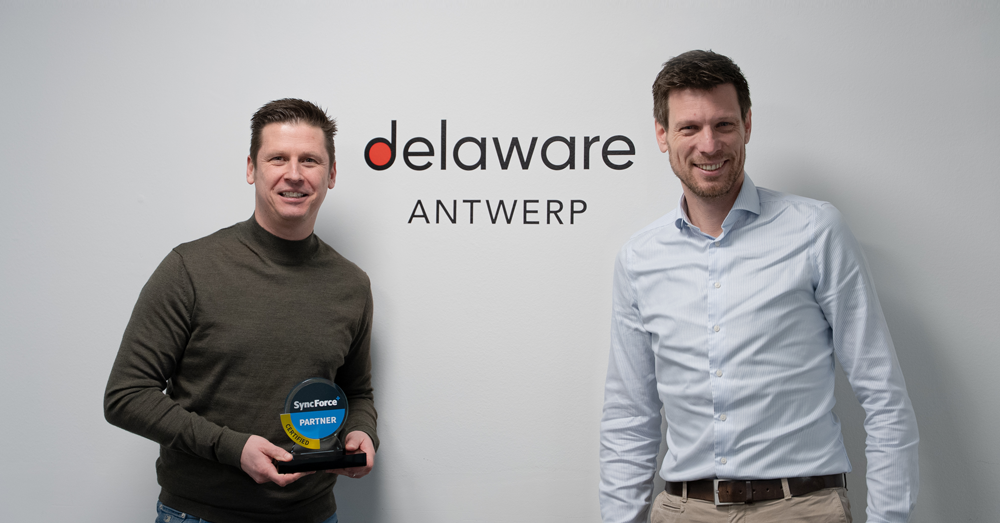
delaware Belgium receives SyncForce Certified Partner trophy
SyncForce celebrates its long-standing partnership with delaware Belgium. Paul Oudenhooven visited delaware Belgium to hand over a SyncForce Certified Partner trophy. […]
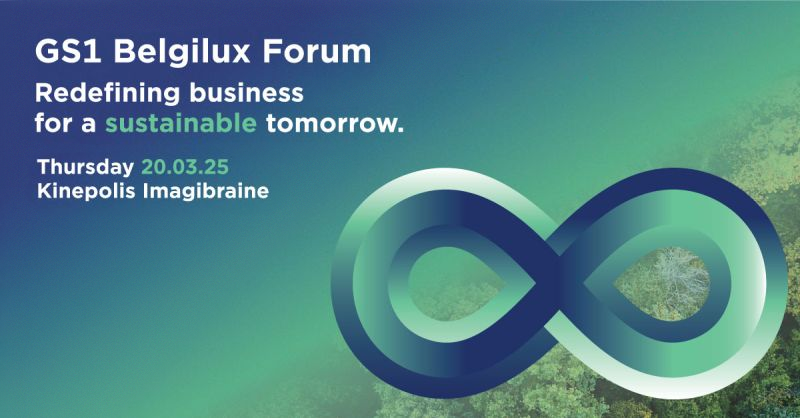
SyncForce at GS1 Belgilux Forum 2025
Join SyncForce Circular PIM at GS1 BelgiLux FORUM 2025, this event focused on redefining business for a sustainable tomorrow. We look forward to meeting you at the SyncForce booth. […]
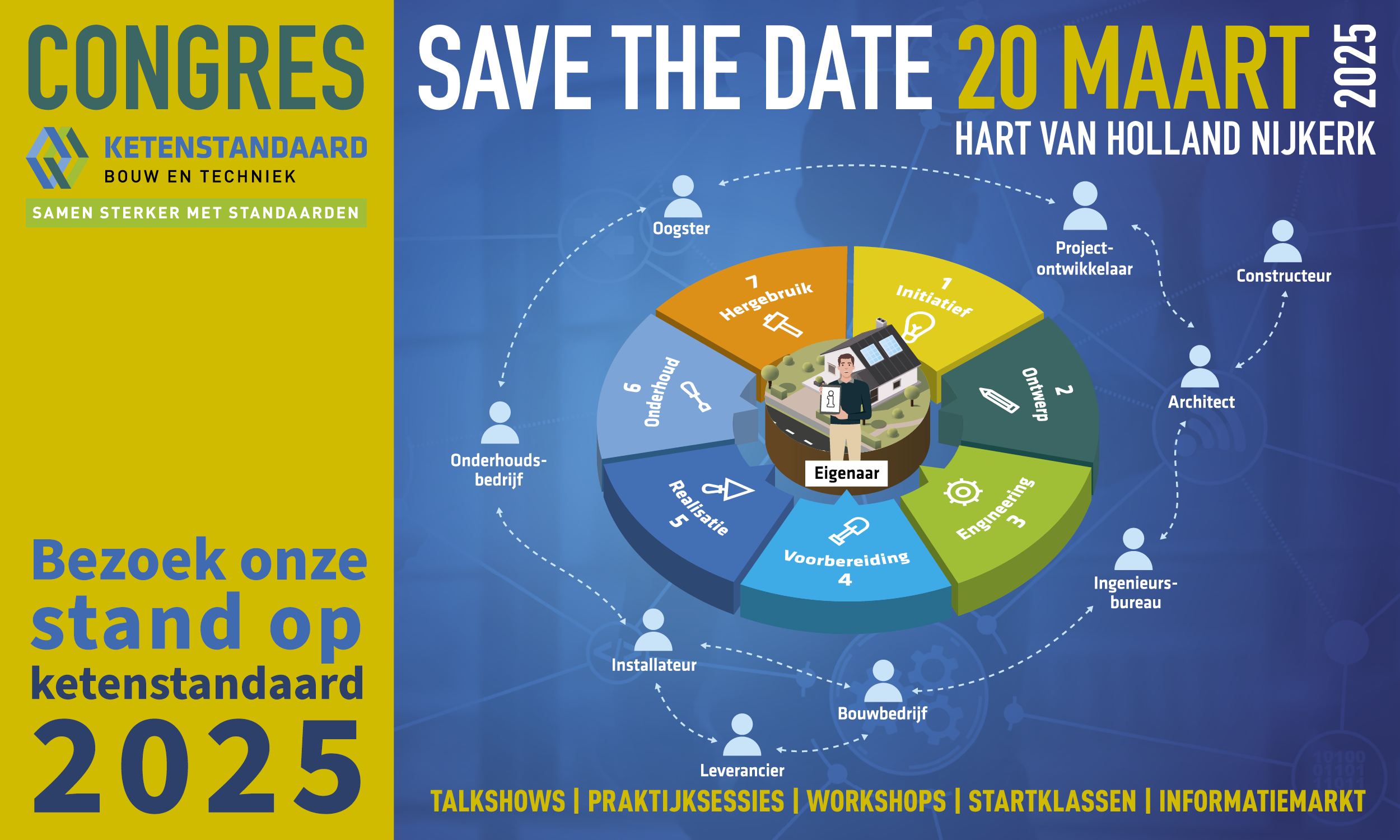
SyncForce op Ketenstandaard Congres (Nederland)
Op 20 maart 2025 is het zover: hét event waar de bouw- en technieksector samenkomt om te praten over digitalisering, standaardisatie en regelgeving. SyncForce is erbij! Bezoek onze stand en ontdek hoe u product-, verpakkings- en logistieke data beheert zonder Excel-chaos. […]
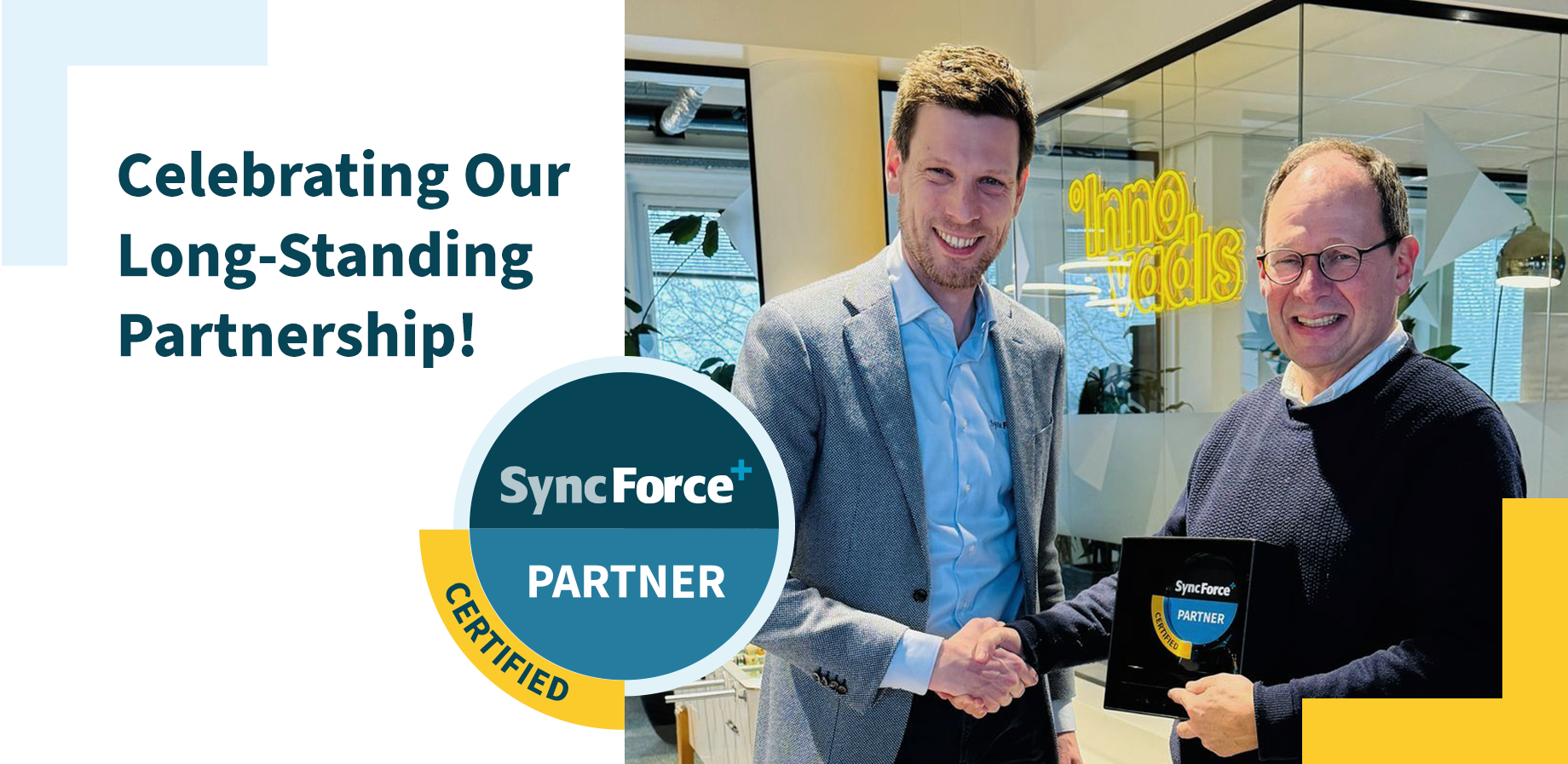
Celebrating our Partnership with Innovadis
SyncForce visited Innovadis to personally hand over their certifications and celebrate our long-standing partnership. Discover how this collaboration continues to drive success in product data management! […]
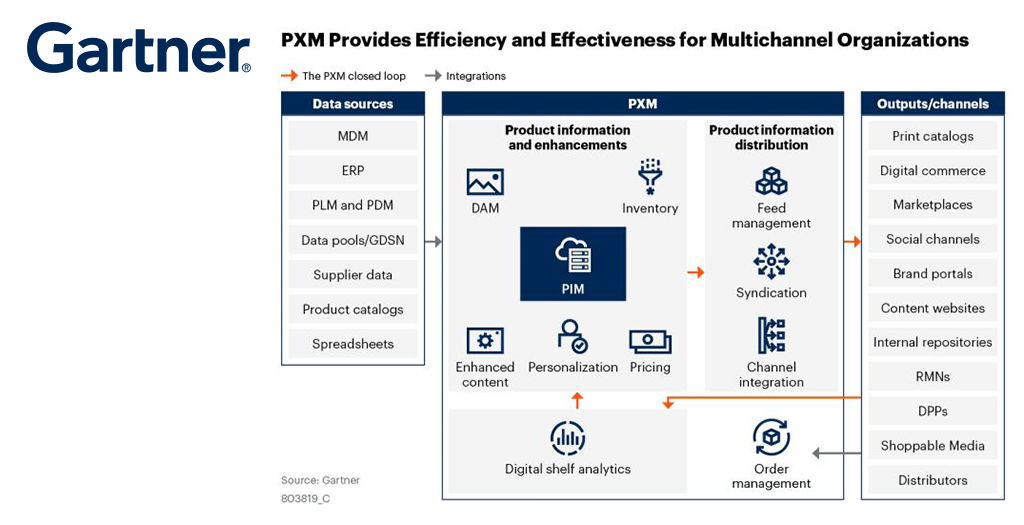
SyncForce recognized in Gartner’s Market Guide for Product Information Management (PIM)
SyncForce has been recognized in Gartner’s latest Market Guide as one of the 20 PIM systems worldwide. […]
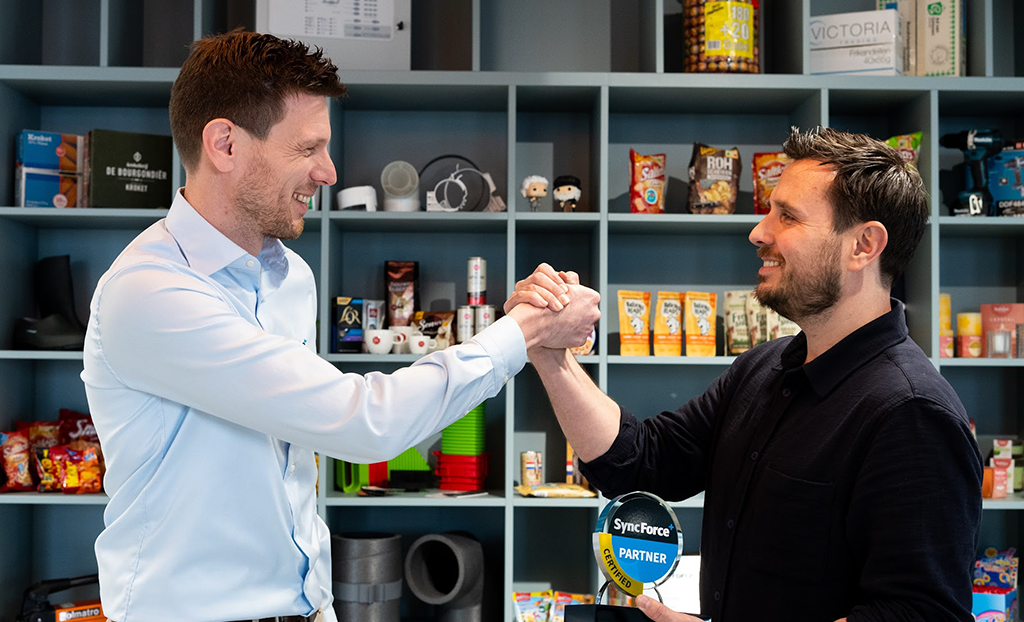
Gluuon becomes a certified SyncForce Circular PIM Partner
Gluuon becomes an officially Certified SyncForce Circular PIM Partner. Learn how this collaboration drives digital transformation! […]
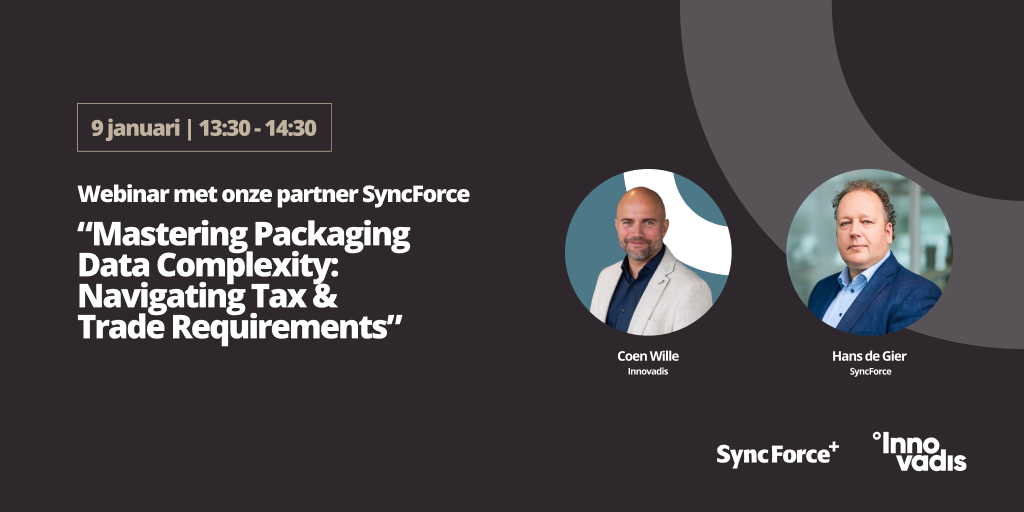
Webinar: Mastering Packaging Data Complexity
Join our webinar on January 9, 2025, to prepare for the new GS1 Data Source packaging data requirements. Tailored for packaged goods manufacturers in the Netherlands and Belgium, this session, hosted in partnership with Innovadis, will help you understand the changes and provide practical tips and strategies to meet GS1, Verpact, Fost Plus and EU compliance standards. Don’t miss the opportunity to gain valuable insights and tools to simplify packaging data complexity. Register now! […]

Unlocking the Future of Packaging Data Management with SyncForce Circular PIM
In the Real World of packaged goods manufacturers, accurate packaging data management is essential to meet regulations like the PPWD and achieve sustainability goals. Learn how SyncForce Circular PIM helps CPG and FMCG manufacturers streamline data processes, ensure compliance, and prepare for the future. […]
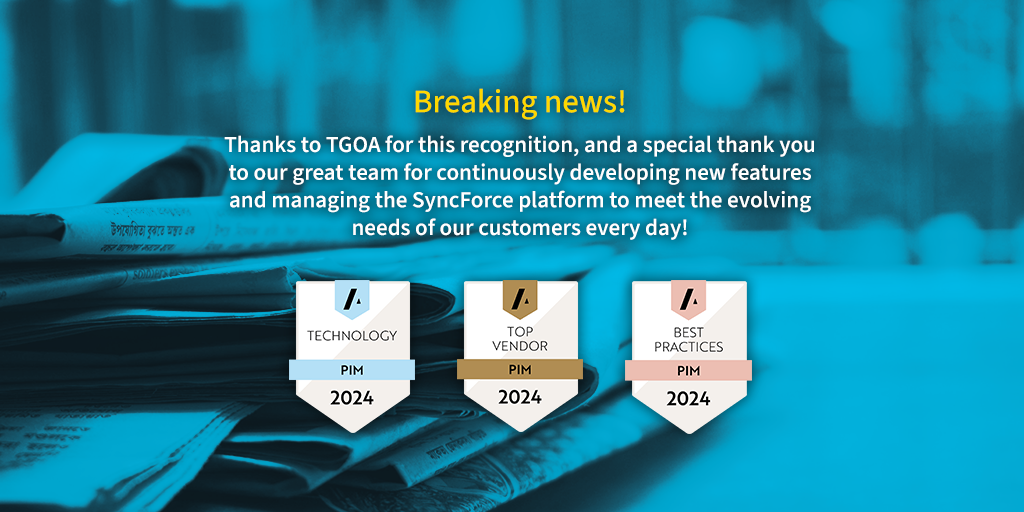
SyncForce named a Top Vendor for PIM Technology and Industry Leadership by TGOA
We are delighted to announce that TGOA | The Group of Analysts recognized SyncForce in their latest report – The Analyst Atlas of Product Information Management 2024 […]
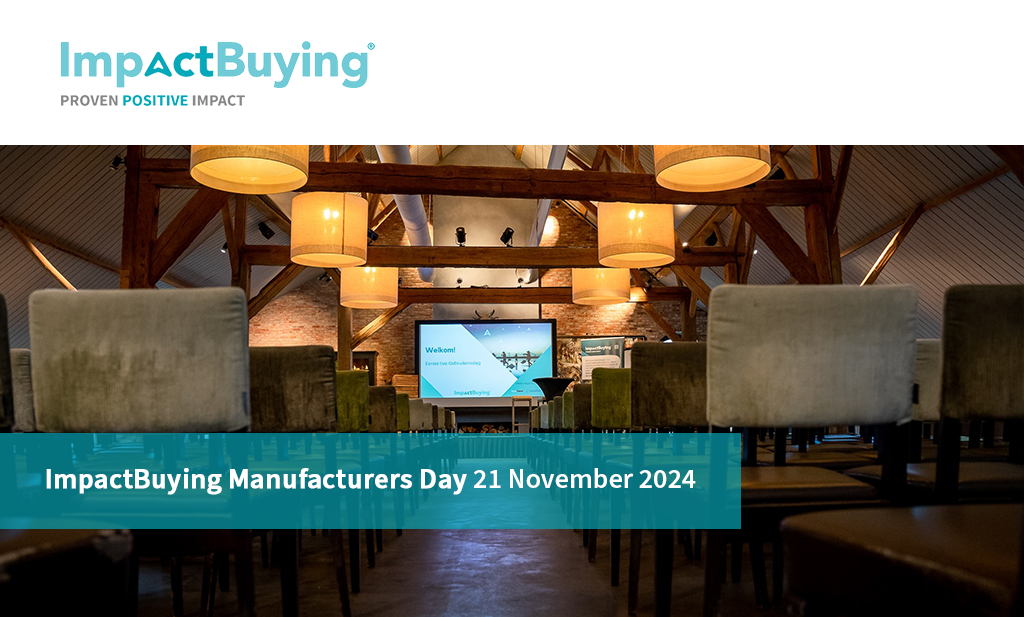
SyncForce at ImpactBuying Manufacturers Day
On November 21, SyncForce will be present at the ImpactBuying Manufacturers’ Day, an event dedicated to packaged goods manufacturers in the Netherlands and Belgium. Join the event and stay connected! […]
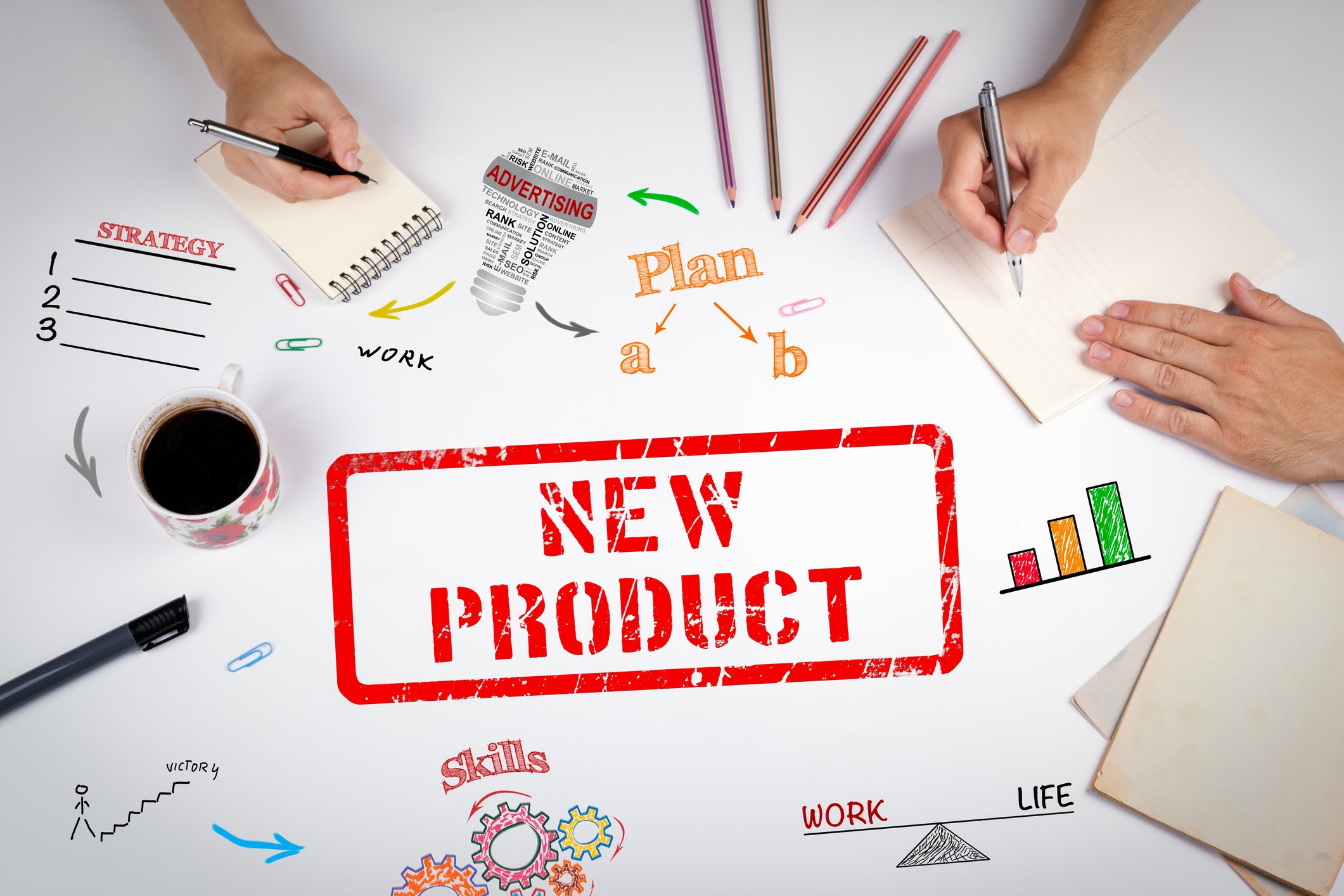
Circular PIM: Why Packaged Goods Manufacturing Needs It Over Linear PIM
There are many PIM solutions to choose from, but where to start? Discover and learn why a Circular PIM is essential for today’s packaged goods manufacturers. Learn the distinctions between a Circular PIM and a Linear PIM. […]

Understanding Scope 1, 2, and 3 Emissions in Food Manufacturing: A Comprehensive Guide
Explore the impact of Scope 1, 2, and 3 emissions on sustainable food manufacturing practices. Discover how these emissions influence every stage of production, from raw materials to consumer usage, shaping eco-friendly strategies for a greener future. […]

Do we need LCAterms to enable Sustainability Data Exchange across the supply chain?
As businesses increasingly embrace sustainable practices, the assessment of product environmental impacts through Life Cycle Assessment (LCA) has gained paramount importance. However, an ongoing challenge is the accurate exchange of upstream Scope 3 emissions data within supply chains. […]
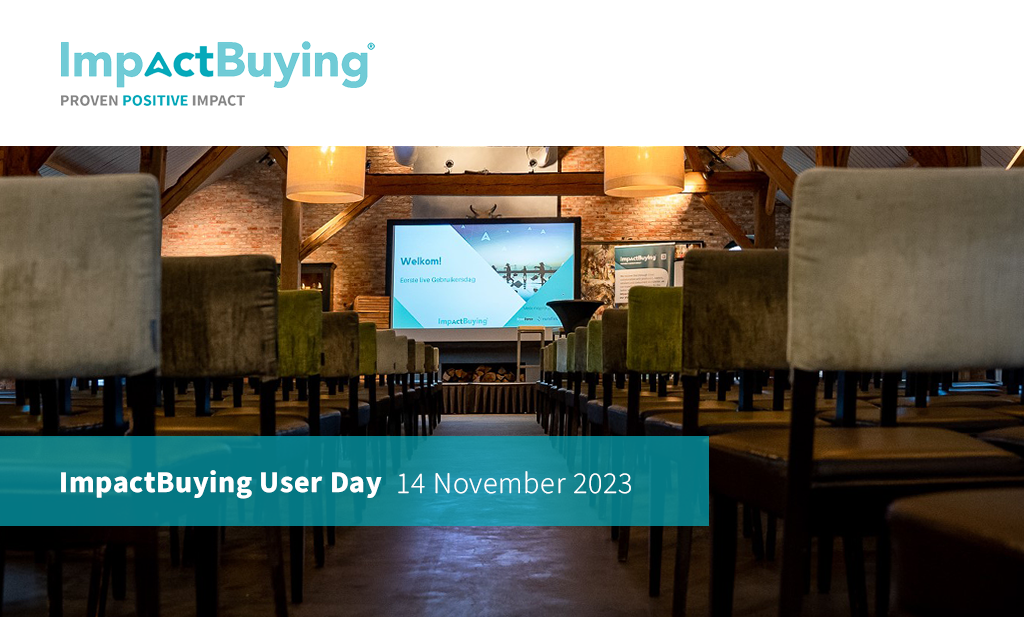
SyncForce at second ImpactBuying User Day
SyncForce participates in the second ImpactBuying user day on 14 November 2023! This event is for Dutch and Belgian producers who are using the ImpactBying platform. Join the event and stay connected! […]

Packaging taxes & single-use plastics: The burden of data management grows!
Packaging taxes and single-use plastics can be complex and constantly changing, adding to the burden of data management. How to manage sustainability data complexity and avoid confusion. […]
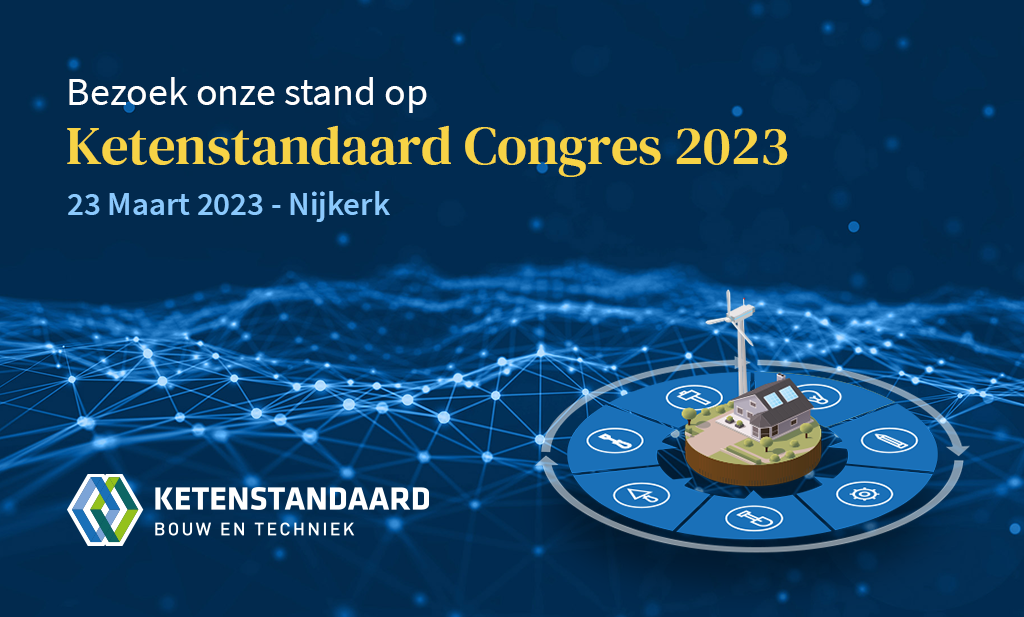
SyncForce aanwezig op Ketenstandaard Congres (Nederland)
Op donderdag 23 maart aanstaande vindt het Ketenstandaard Congres plaats in Nijkerk. Een event waar bouwprofessionals uit het hele land samenkomen om kennis over digitalisering en standaardisatie op te doen en te delen. SyncForce is aanwezig met een stand op de informatiemarkt. Zien wij u daar? […]
